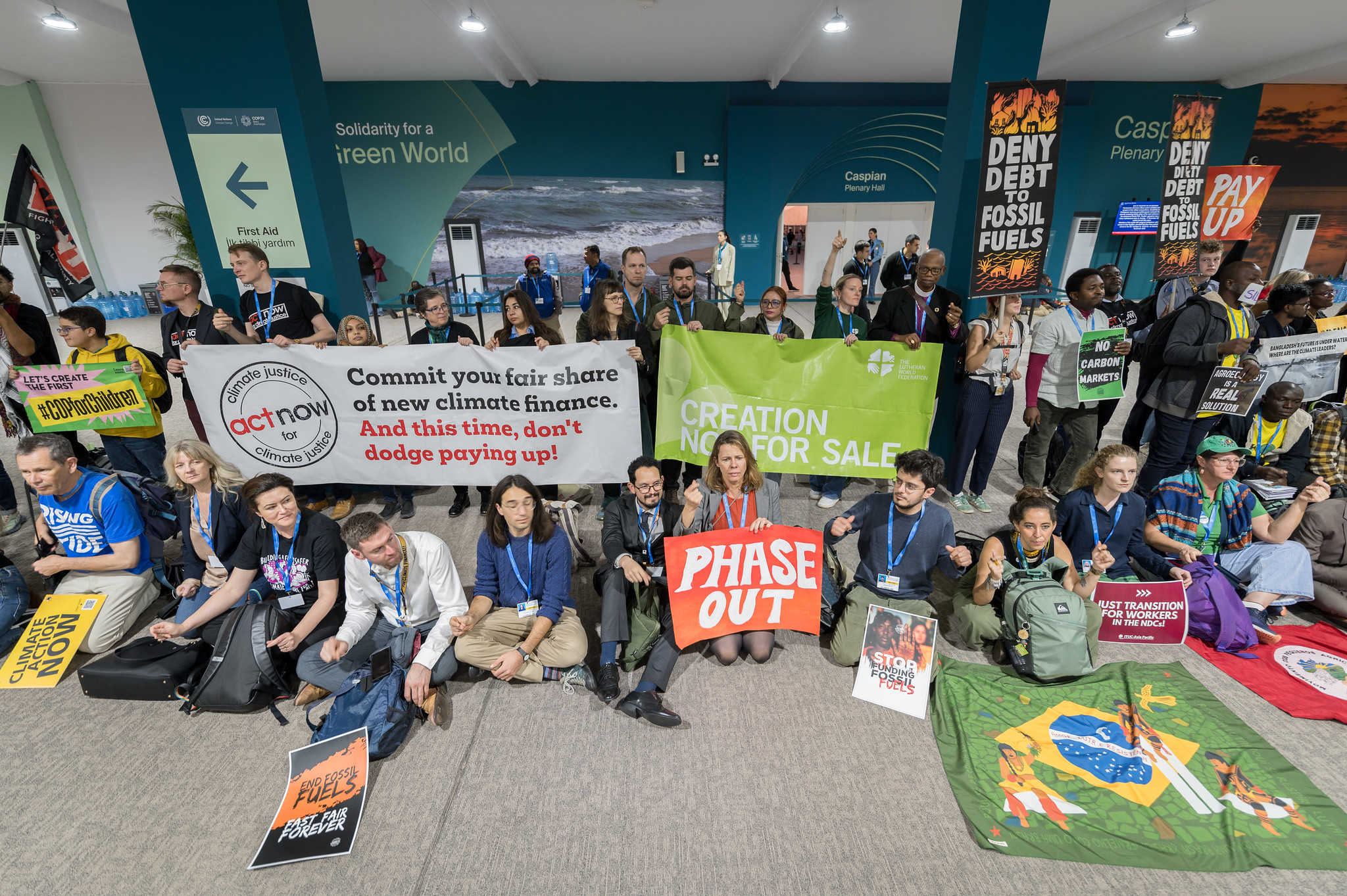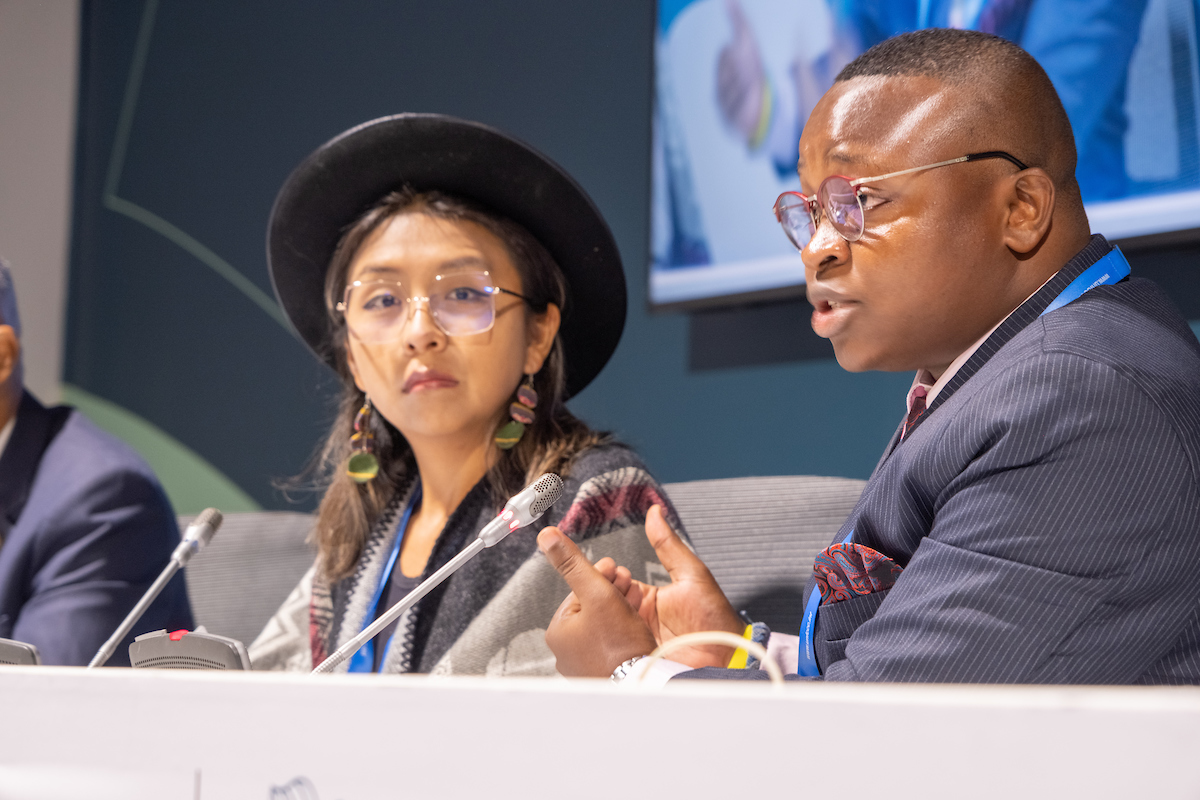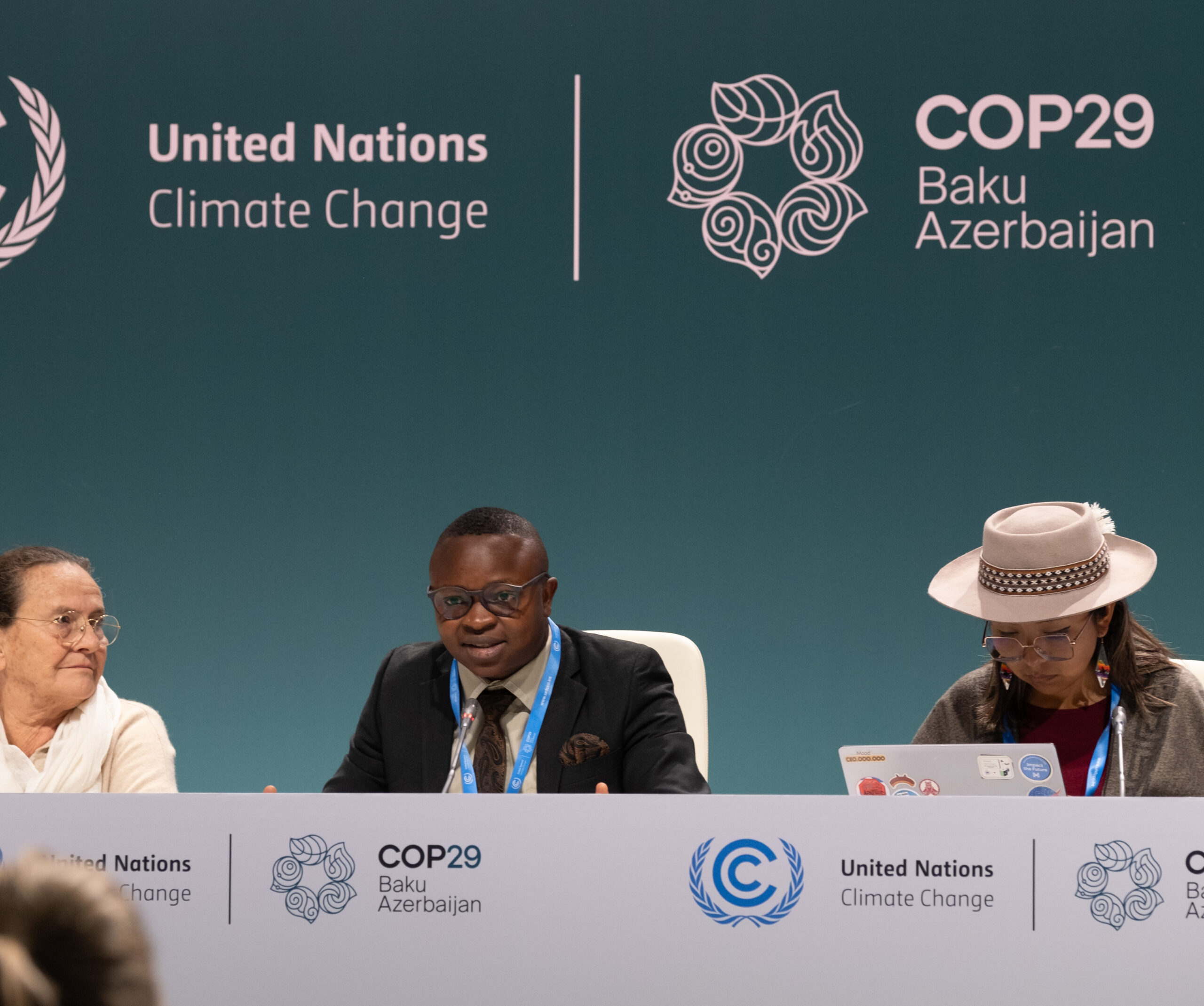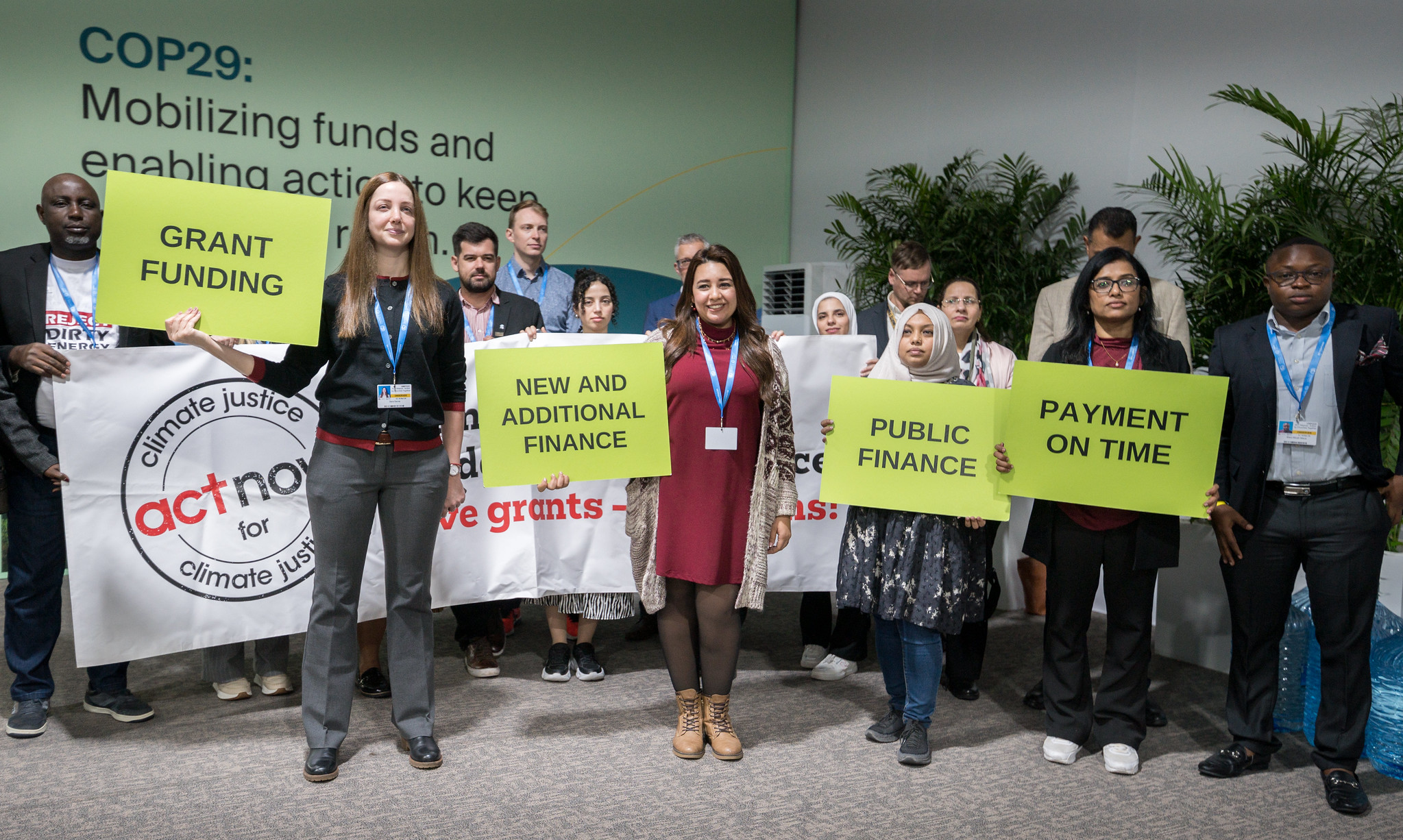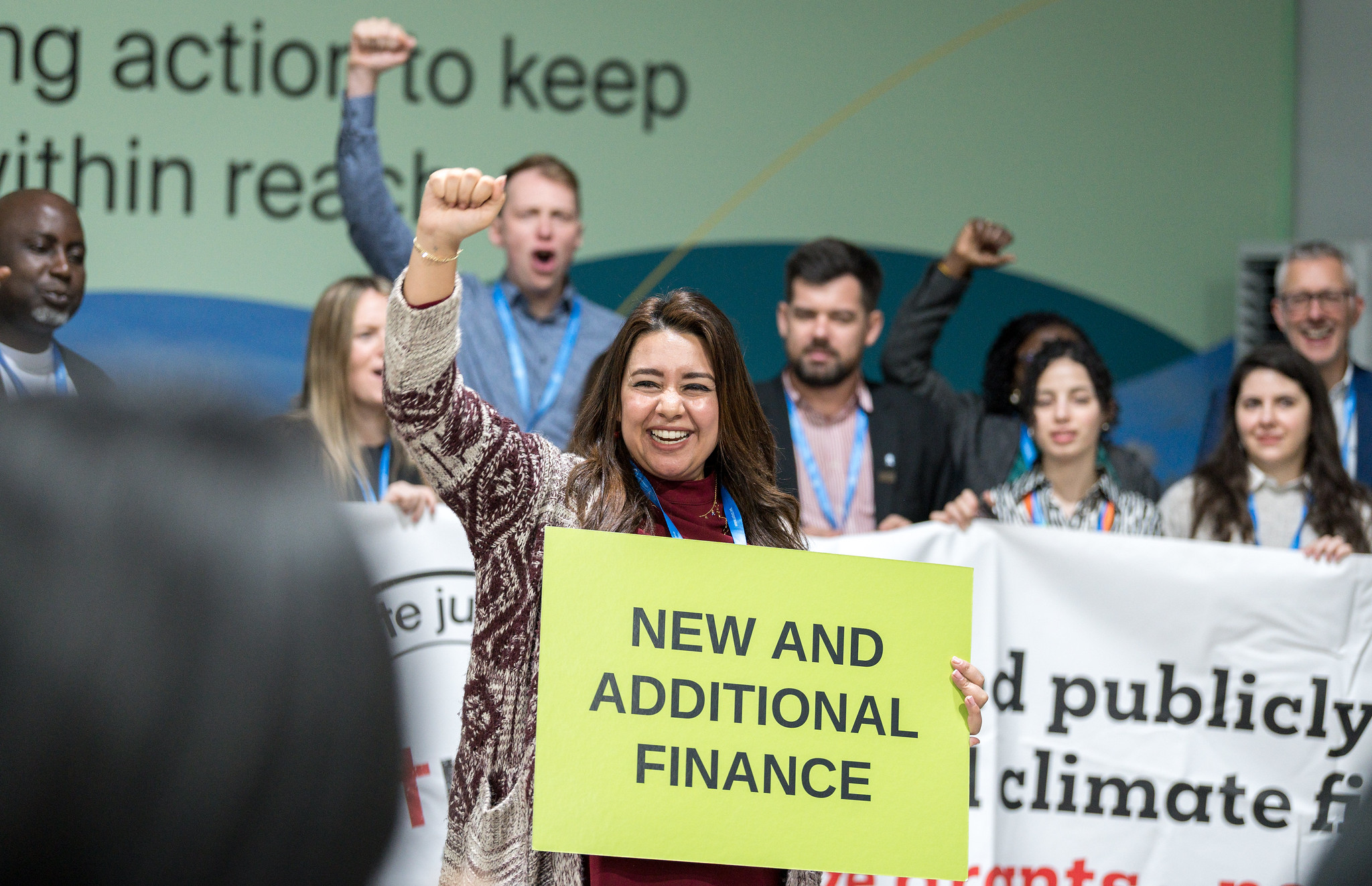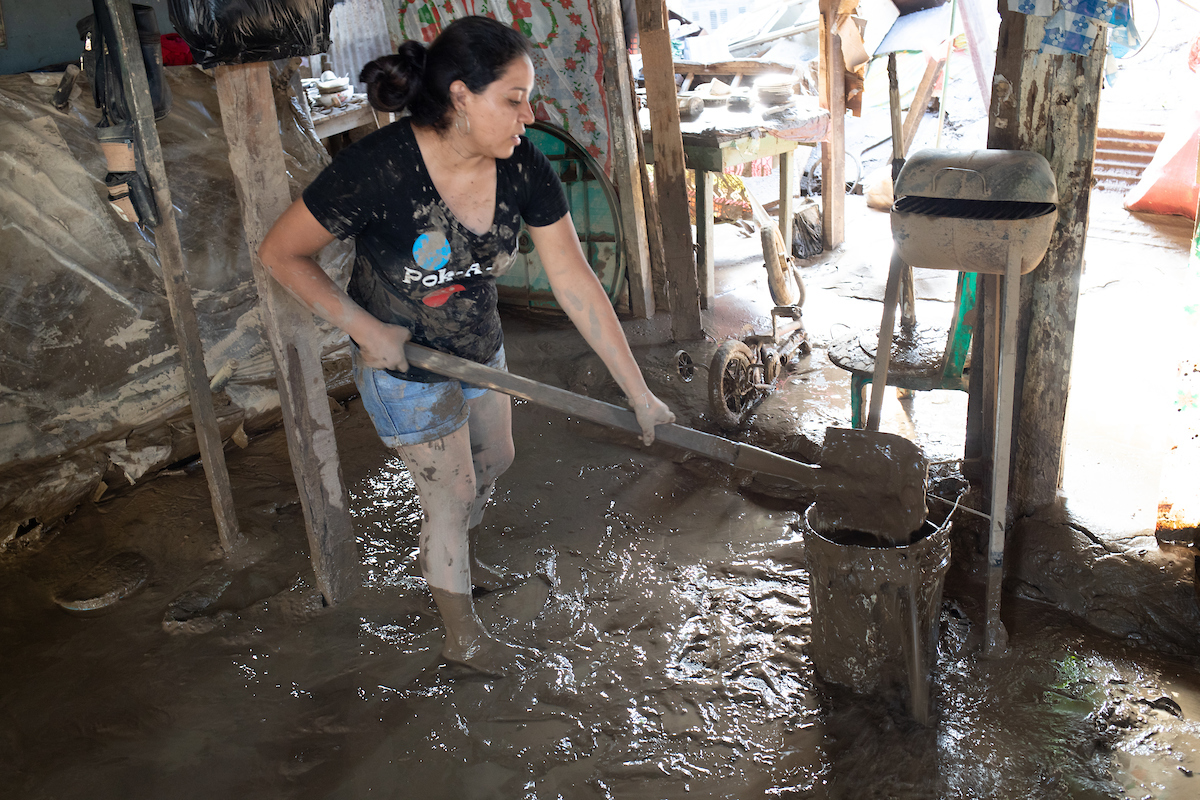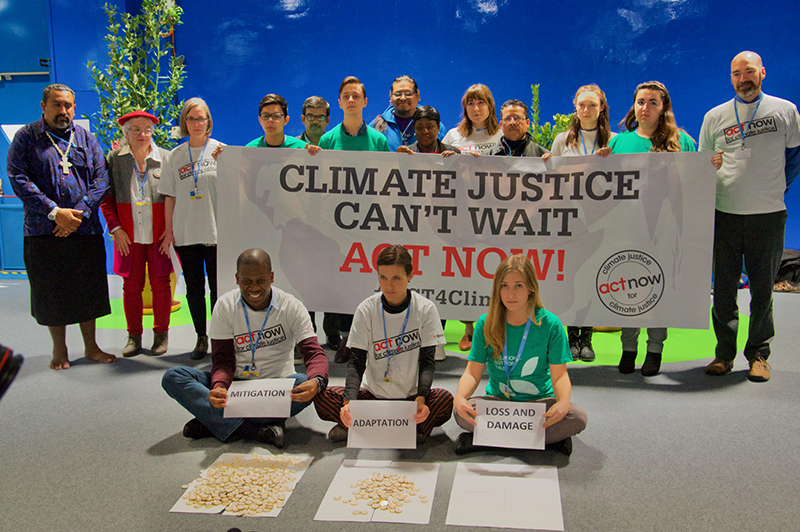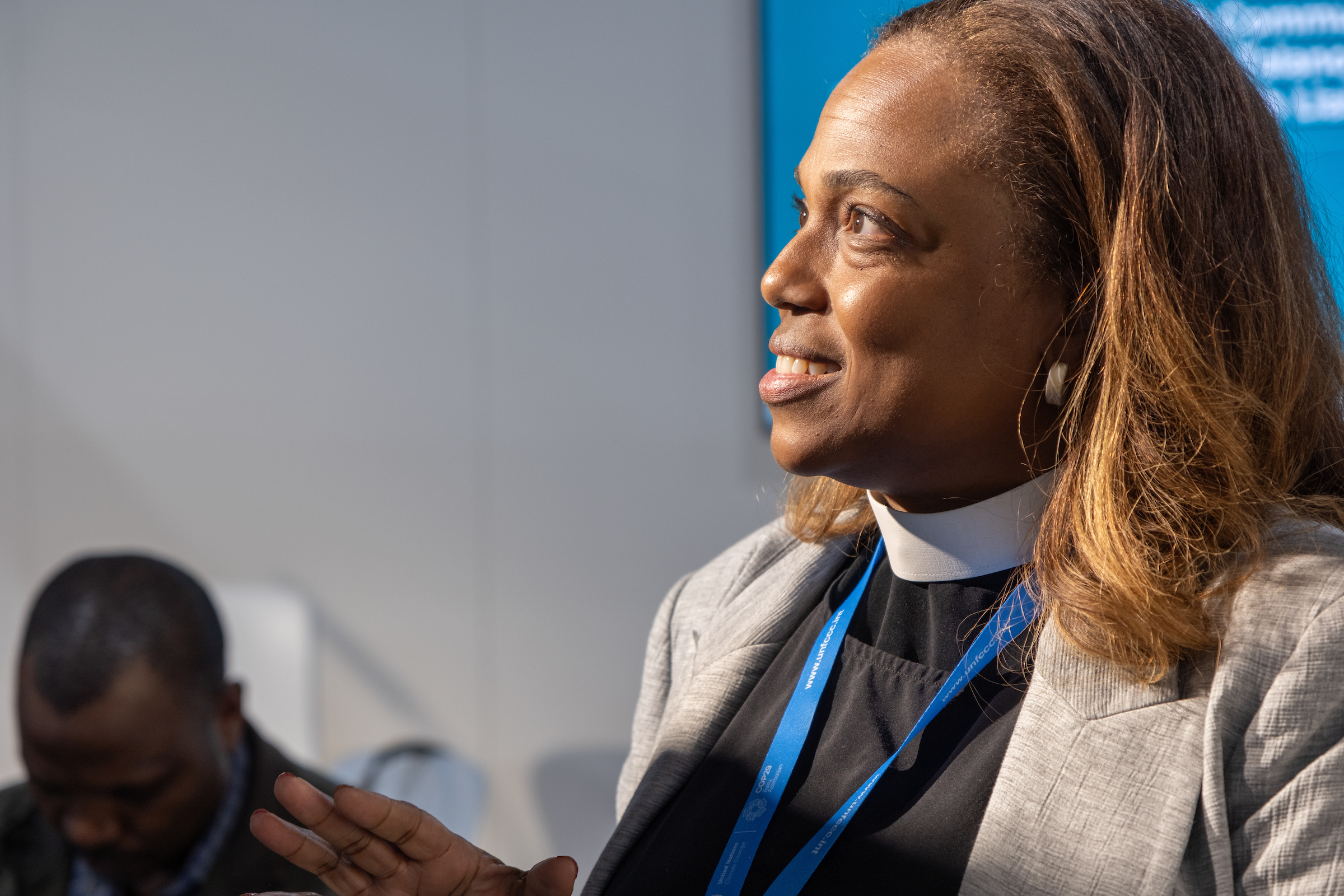In Misiones, Argentina, the Crece Selva Misionera project is making strides in addressing deforestation and promoting sustainable farming. Developed by the Hora de Obrar Foundation, the project tackles critical challenges – including biodiversity loss, soil degradation, and climate change – through reforestation and agroforestry.
Misiones boasts one of the largest remnants of the Atlantic Forest, a biodiversity hotspot that spans Argentina, Brazil, and Paraguay. However, less than eight percent of this forest remains intact, primarily due to agricultural expansion, infrastructure projects, and illegal logging. This environmental degradation not only threatens wildlife but also undermines the livelihoods of local communities, many of whom live in poverty.
Through Crece Selva Misionera, 190,000 native trees have been planted across 390 hectares since 2020, with a goal of 250,000 trees this year. The initiative integrates native species into agricultural systems, enhancing crop resilience and restoring degraded land. For yerba mate producers like Marino Jungblut, agroforestry combines traditional farming with environmental stewardship.
Marino, a lifelong farmer, transformed his farm by reintroducing native trees, creating a thriving ecosystem where yerba mate and local plants coexist. “The idea is to conserve the land and nature so that our descendants can continue enjoying this gift from God,” he says.
The project has positively impacted over 2,200 people through awareness campaigns and training. Collaboration with local nurseries has increased the availability of native seedlings, fostering a sustainable supply chain.
“Before Crece Selva Misionera, local producers did not demand native species in significant quantities. So, the nurseries did not take the risk of producing. Today, stable demand for native species is guaranteed by the project to between four and six nurseries,” says Nahuel Gravano, Hora de Obrar’s environmental projects leader.
Agroforestry also enhances soil quality, supports water retention, and mitigates extreme weather impacts. This approach has inspired other farmers to adopt sustainable practices, amplifying the project’s impact.
Despite its success, scaling up the initiative requires additional resources. Increased funding would enable broader implementation of agroforestry, benefiting both the environment and local communities. As Hora de Obrar works toward its ambitious reforestation goals, it demonstrates the power of collaboration in protecting Misiones’ natural heritage for future generations.
By integrating reforestation with sustainable farming, Crece Selva Misionera not only addresses the urgent need for forest restoration but also sets a replicable model for climate adaptation and rural development.
This article is drawn from a longer one by Hora de Obrar. PHOTO: Andy Wedekamper/Hora de Obrar

